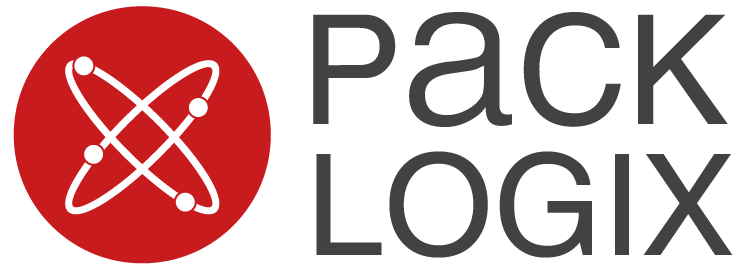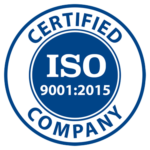State of the Grease Industry:
Weathering the Disruptions
Pack Logix Experts Explain How To Pivot Amid Recent Challenges
A global pandemic. A winter weather emergency. An explosion at one of the largest lubricant manufacturers. A rise in the cost of packaging materials. A mismatch in production, supply, and demand. The events of 2021 came together in a perfect storm to delay and disrupt the grease industry. It left businesses reeling, and it has felt hard to see an end in sight.
Where does this leave the grease industry for 2022? Our Pack Logix experts have analyzed the latest shifts to the lubricant market, so read on for a breakdown of these trends and how we can support your business to pivot amid ongoing challenges.
Disruptions

- COVID-19
- Production, Supply, and Demand Mismatches
- WINTER FREEZE
- CHEMTOOL FIRE
- Supply Chain Issues and Longer Lead Times
- Cartridges: This popular packaging is harder to come by, and customers also tend to face an increased minimum order quantity (MOQ).
- Drums, Kegs, and Pails: These packaging options are seeing increased pricing because raw material is harder to come by. In March 2021, the Suez Canal was blocked for six days by a container ship, causing a backlog of container ships in other ports. It also delayed the delivery of needed materials for steel (which is used for drums and some kegs) and resin (used in plastics for packaging such as pails).
- Preprinted Squeeze Tubes: Tubes imported to the U.S. are held up in overloaded ports and at Customs, often extending lead times up to seven months.
Is There an End in Sight?

- Increase in Biodegradable Bases: Having better bases can help grease manufacturers who want to develop more environmentally-friendly products to meet Environmental Protection Agency (EPA) regulations. The EPA rules require industries to pre-treat pollutants in their wastes to protect wastewater treatment plants. Manufacturers view bio-based grease as a promising market as there is no need to pre-treat these lubricants before releasing them into the environment.
- Move to Decentralize and Diversify: In the absence of Chemtool, businesses have learned to build broader relationships when they couldn’t get materials from their usual suppliers. This branching out is what helps make the industry stronger.
- Rise in Automation: Automation is helping businesses in a wide range of markets to overcome challenges by filling gaps in staffing, increasing production rates, and improving workplace safety.
As the lubricant industry changes, you need a partner who can keep up and support you along the way. Pack Logix has the experience and the technology to pivot with today’s challenges.


